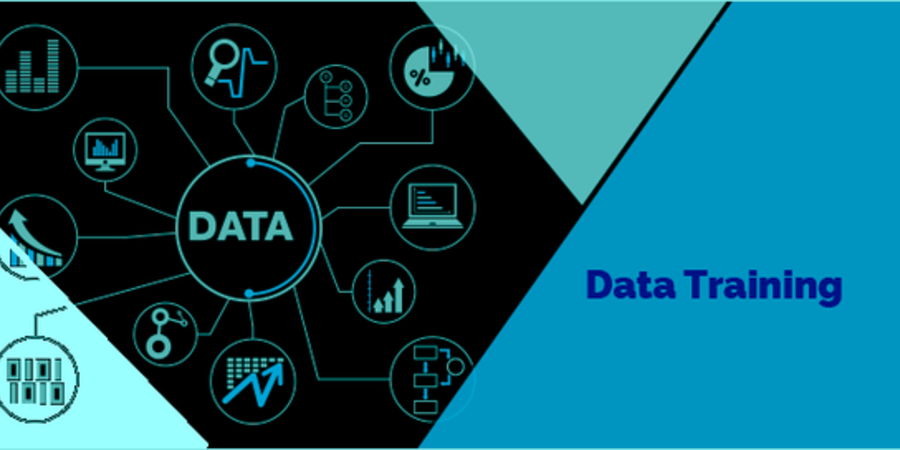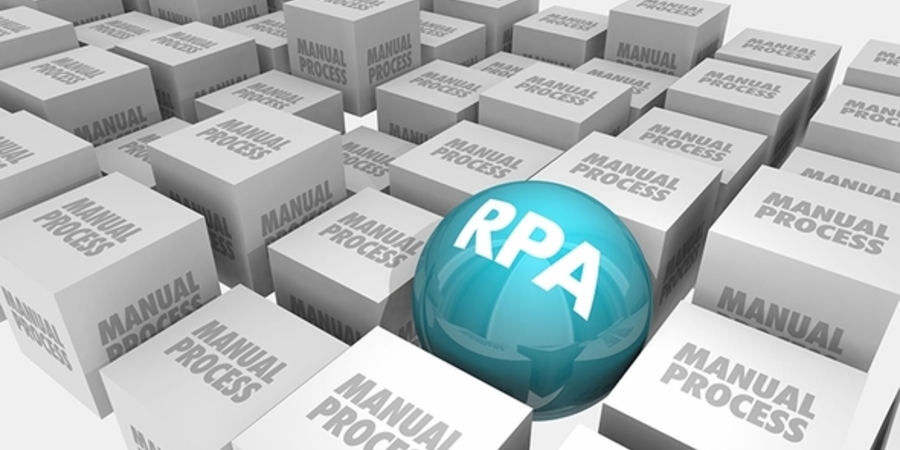A crucial issue in machine learning projects is to determine how much training data is needed to achieve a specific performance goal (i.e., classifier accuracy). In this post, we will do a quick but broad in scope review of empirical and research literature results, regarding training data size, in areas ranging from regression analysis to deep learning. The training data size issue is also known in the literature as sample complexity. Specifically, we will present empirical training data size limits for regression and computer vision tasks.












